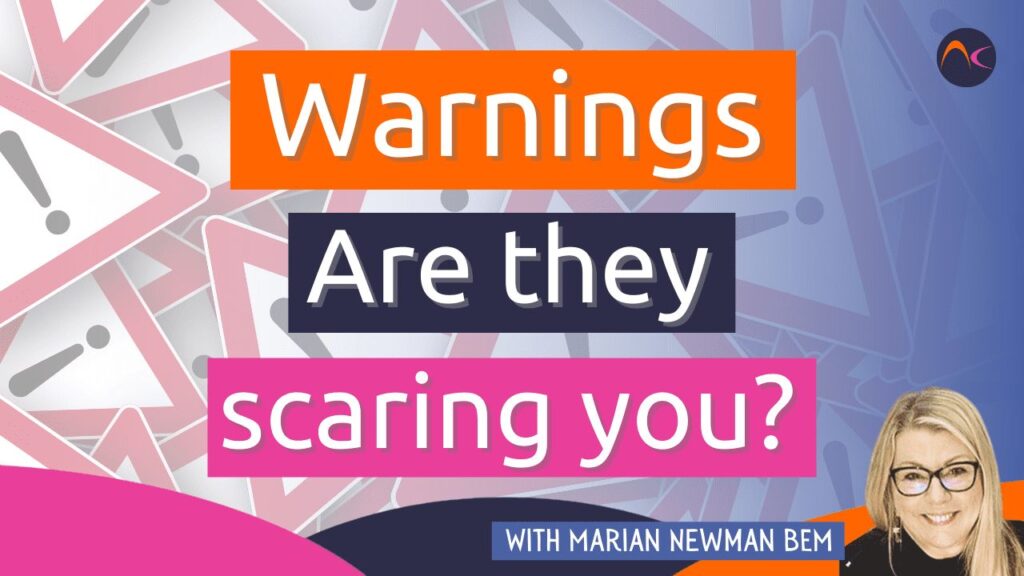Several times daily pictures are sent to various social media groups asking what a nail condition is and can a service be carried out. What follows is usually a vast array of diagnosis and suggested treatments, the question “are you qualified” and several ‘no, you’re not insured’ or refer to a doctor.
The correct answer is that, unless the nail professional has advanced and suitable qualifications or is medically trained, a diagnosis must not be made nor any treatment suggestions. Our remit is to only work on healthy nails. However, there still needs to be some recognition of the condition, especially if an allergy is suspected. Just a picture is often not enough for any informed help as more information is usually needed.
How to deal with nail and skin conditions needs to be the subject of another Blog. This one is about something different!
Although they are in a very small minority, there now seems to be posts of pictures with minor nail conditions with the comment that the nail service was refused! Some of them, in my opinion, need not to have been refused.
A well-educated and informed nail professional CAN deal with a whole range of conditions before a refusal, or a referral is needed. Maybe the required service needs some restriction or adaptation e.g., avoid soaking, shorter enhancements, added strength, thinner coating, avoid exfoliation, replace UV gel polish with traditional polish etc.
Or maybe, if something might be ‘brewing’ a clear UV gel base with a nail polish so it can be easily removed, and the nail plate checked no more that 2 weeks later.
So, back to the original question: are all the dire warnings (many in these Blogs) scaring some into refusing a nail service? I think that may be the case for some. That is a better situation than those that ignore the warnings and go ahead anyway but is it losing clients that could benefit from professional advice and maybe an adapted nail service?
It is all down to education and knowledge. With those two things every nail pro should be confident in their advice to clients. The client is not the professional and most will welcome good, logical, and meaningful advice.
As a last word (but one), it can be difficult to get a doctor’s appointment. Many GPs are not interested in ‘nails’ or maybe don’t have enough understanding and are not willing to refer on. Also, a letter from a GP usually has a cost involved as it is considered to be a private request. A podiatrist can often diagnose nail conditions as can a pharmacist. They may be an easier option.
Very last word: EDUCATION! You cannot possibly gain all the necessary knowledge from a very short course! So, when those people on SM ask if the poster is qualified the answer for some could be “yes, but not very well”.


